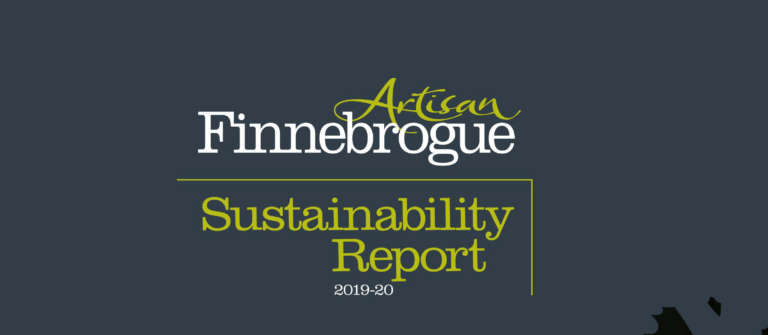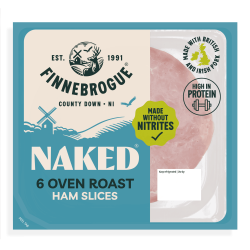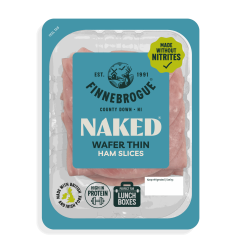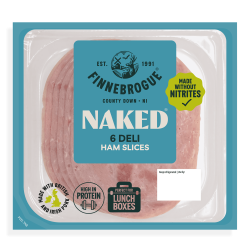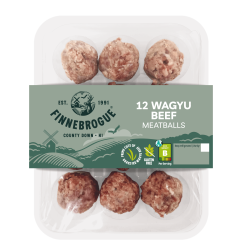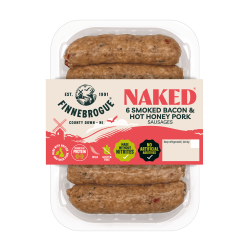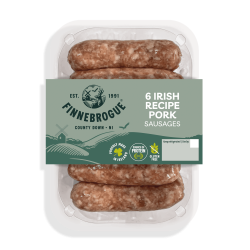Finnebrogue Artisan has published 2021 sustainability audit for the years 2019-2020.
This sustainability report acts as an introduction to the business’s environmental initiatives and credentials.
The report includes environmental targets, the sustainability credentials for its operations, emissions, packaging, waste and Foundation Earth. The report highlights what the business is doing for the Earth throughout its value-chain.
Click here to read the Finnebrogue Artisan’s 2021 Sustainability Report
Factories
The company has invested hundreds of thousands of pounds to boast environmental measures such as a heat recovery system, solar panels, LED lighting, high grade insulation and a heat pump – all designed to make Finnebrogue more energy efficient and materially sustainable.
Emissions
By transitioning their operations to 100% renewable energy, the business will avoid at least 1950 tonnes of CO2e from purchased electricity annually. They have also set targets to achieve Net Zero GHG Emissions by 2040 and transition to 100% renewable energy by 2025.
Packaging
Finnebrogue only source paper sleeves from Forest Stewardship Council certified suppliers and have set important recycled packaging targets. In 2019, they moved away from unrecyclable black plastic trays to recycle alternatives. They have partnered with Responsible Plastic Management to help deliver two packaging targets: by 2025, 100% of packaging to be reusable, recyclable or compostable. By 2025, they want to achieve 50% average recycled content across all plastic packaging.
Waste
The company has been a zero to landfill business since 2015. All of their waste is recycled, sent for anaerobic digestion or recovered for energy.
Food redistribution
The business redistributed over 6 tonnes of product in 2019 and 5.4 tonnes in 2020 from overstock, short-notice changes and delisted product. This product was donated to charity and provided over 27,264 meals throughout 2019-2020 to people in need in our local community through Fareshare NI and Simon Community. The reduction in redistributed food was due to an increase in production efficiencies.
Finnebrogue Farm
Since the late Denis Lynn, founder of Finnebrogue Artisan, bought the glorious Finnebrogue Estate in 1991, the business has been working on preserving and improving the natural environment. This has included tree planting, rewilding, regenerative farming and carbon sequestration on the farm.
Foundation Earth
The brain-child and creation of Finnebrogue’s late founder, Denis Lynn, Foundation Earth is an independent, non-profit organisation established to issue front-of-pack environmental scores on food products, enabling consumers to make more sustainable buying choices. Finnebrogue brands, Better Naked and The Good Little Company join global food brands Nestle and Tyson Foods as well as household British brands such as M&S, Costa Coffee, Sainsbury’s and the Co-Op in adding enviro-scores to products.
